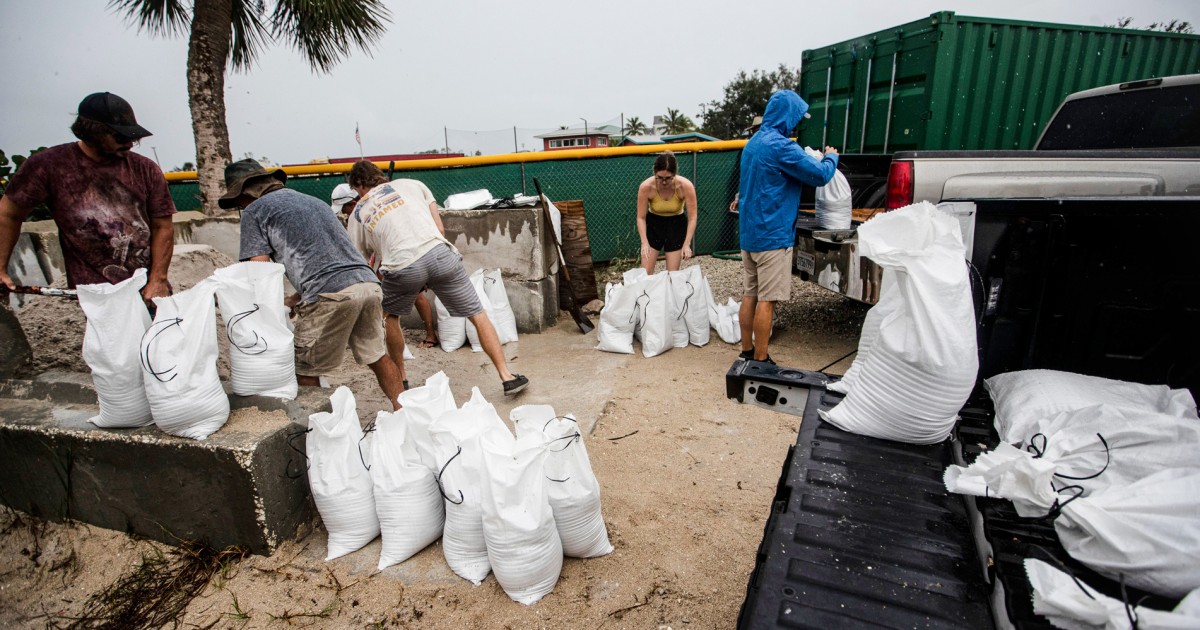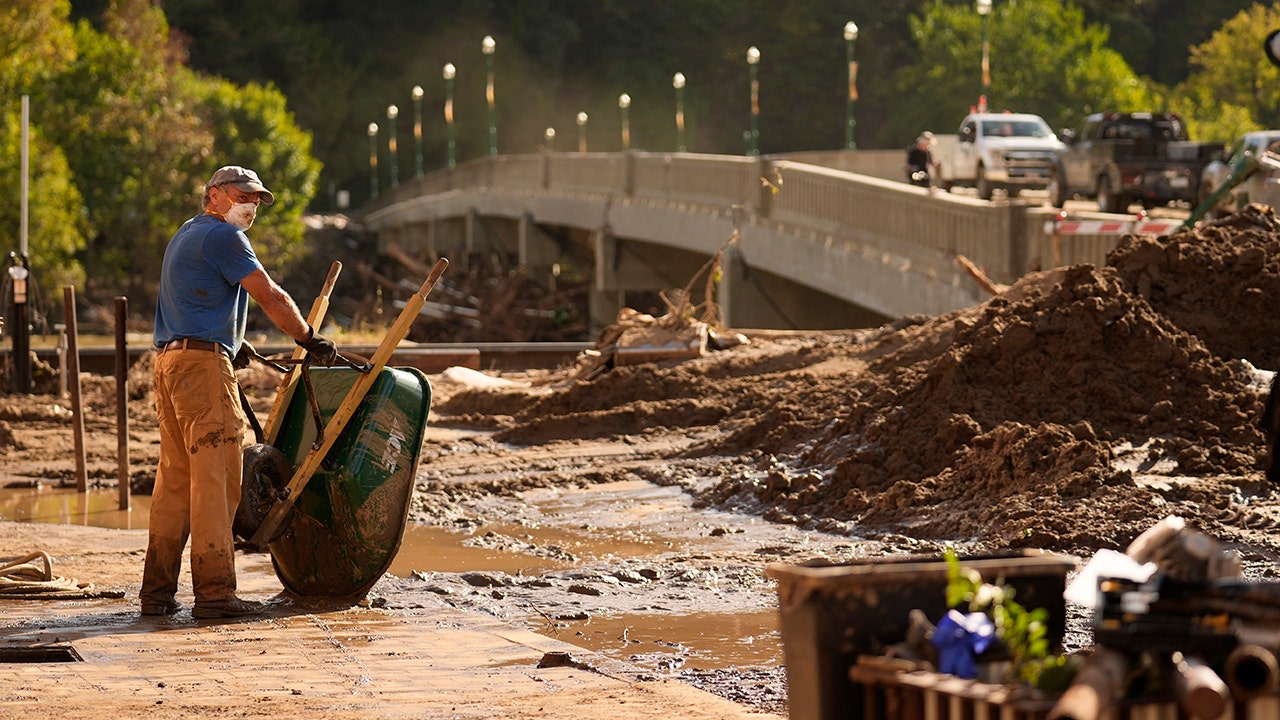Scores of Georgia residents already reeling from Hurricane Helene have been grappling with fallout from another disaster over the past week: a chemical-plant inferno bathing their community in toxic gases.
The dangerous blaze ignited last Sunday — just days after the killer ‘cane slammed the state — at the BioLab plant in Rockdale County southeast of Atlanta, officials said.
The disaster, which was unrelated to the weather chaos, erupted when a malfunctioning fire-sprinkler head sprayed water on volatile chemicals, kicking off a chain reaction that ended in a sky-high eruption of multicolored toxic smoke, they said.
Seventeen thousand people were evacuated from the area, and around 90,000 more were ordered to shelter in place as an ominous smoke column loomed over the county and spewed chlorine gas throughout the week.
County authorities have extended the stay-at-home order through this past weekend as HAZMAT teams worked to contain the “continued reaction,” BioLab said on its website.
The county had already suffered damage from Helene, including downed power lines and trees that hit several local homes.
The poisonous inferno was the third fire that has broken out in the Rockdale plant, county fire Chief Marian McDonald told reporters.
Now the feds are investigating BioLab for possible corner-cutting – and not for the first time.
“We are sending investigators to the site to determine the cause of this dangerous incident and the safety gaps at the facility that allowed this huge fire to occur,” said Steve Owens, chairman of the US Chemical Safety Board.
BioLab manufactures trichloroisocyanuric acid, which is used to kill germs in swimming pools and spas. TCCA is safe when dissolved in bodies of water, but having it touch smaller amounts of water can produce an explosive reaction that releases chlorine gas.
Two fires broke out at BioLab plants in 2020: one when rainwater from Hurricane Laura leaked into a Louisiana plant and another at the Rockdale County site that exposed plant workers and nine firefighters to toxic fumes, according to a CSB investigation last year.
That probe revealed a slew of cut corners and shoddy safety protocols at the sites, including buildings that weren’t prepared for extreme weather and “an inadequate and largely nonfunctional fire protection system and the absence of automated sprinkler systems,” the report said.
In an email to WSB-TV Atlanta, the company said it had “rebuilt its production facility with numerous enhanced safety features.”
Ironically, one such safety feature – automated sprinkler heads – was what allegedly kicked off the recent blaze, according to county authorities.
Some industry insiders don’t buy that explanation.
“I have never in my entire career as a firefighter, fire officer, fire chief, and state fire marshal, experienced a fire sprinkler device ‘malfunction’ without human interaction,” the National Fire Sprinkler Association President Shane Ray told Fire and Saftey Journal Americas.
Read the full article here




:focal(1799x283:1801x281)/origin-imgresizer.eurosport.com/2024/10/06/4049167-82120988-2560-1440.jpg)











